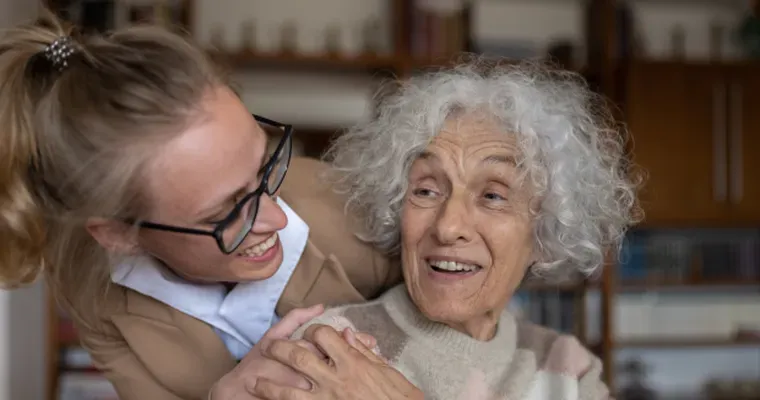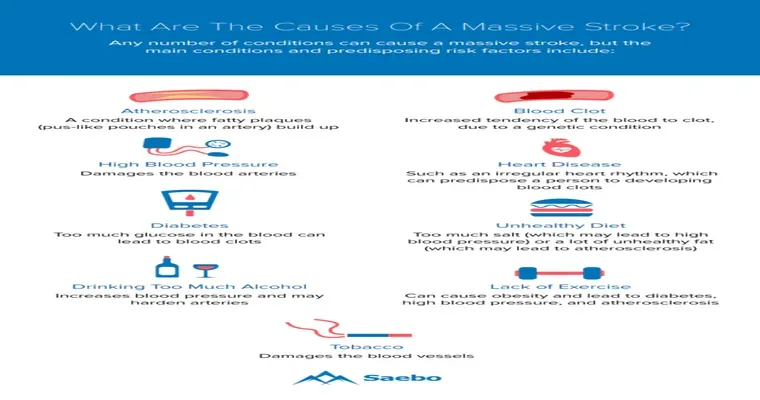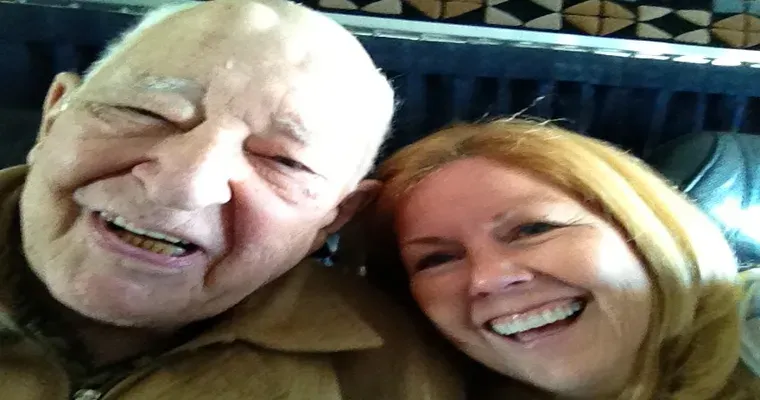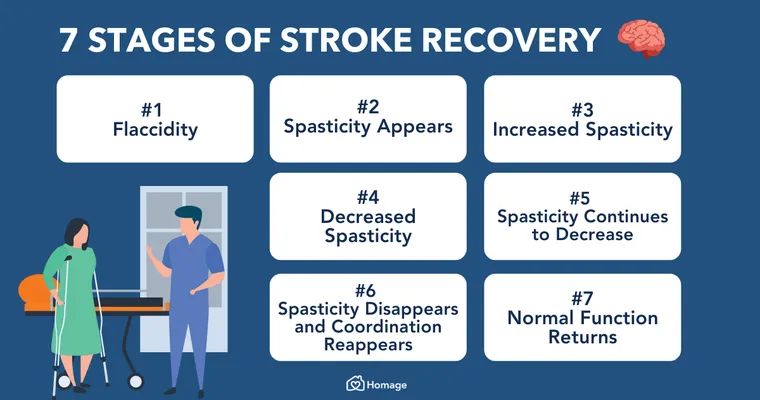Caring for a loved one with "dementia" can be a challenging yet profoundly rewarding experience. Many caregivers often encounter moments of "lucidity" where the person they are caring for seems to regain clarity, awareness, and connection with their surroundings. These fleeting moments can provide a glimpse into the person’s personality and memories that the disease often obscures. Understanding and witnessing these experiences can have a significant emotional impact on both the caregiver and the individual with dementia.
Understanding Lucidity in Dementia
Lucidity in dementia refers to brief periods when individuals with cognitive impairments exhibit clear thinking and coherent communication. These moments may occur sporadically and can vary in duration and frequency. Caregivers may notice that during these times, the person with dementia may recall specific memories, engage in meaningful conversations, or demonstrate their usual sense of humor. Such experiences can serve as a reminder of the individual’s identity beyond their diagnosis.
The Importance of Recognizing Lucidity
Recognizing these moments of lucidity is vital for caregivers. They can help foster a deeper emotional connection and reinforce the relationship between the caregiver and the individual with dementia. Furthermore, acknowledging these instances can enhance the caregiver’s understanding of the person’s needs and preferences. It encourages caregivers to engage more actively during these lucid moments, allowing for deeper interactions that can enrich the quality of life for both parties.
How to Foster Lucidity
While lucidity cannot be predicted or controlled, there are several strategies caregivers can employ to create an environment conducive to these moments:
1. "Establish a Calm Atmosphere": A peaceful environment minimizes distractions and may help the person feel more at ease, potentially encouraging lucidity.
2. "Use Familiar Stimuli": Engaging with familiar objects, music, or photographs can trigger memories and provoke moments of clarity.
3. "Encourage Reminiscence": Talking about past experiences and significant life events can spark conversations that lead to moments of lucidity.
4. "Be Patient and Attentive": Caregivers should be present and attentive, ready to engage when these moments arise, allowing the person to express themselves freely.
Embracing the Moments
Witnessing an experience of lucidity can be a meaningful event for both the caregiver and the individual with dementia. These moments can be filled with laughter, nostalgia, and emotional connection, providing a sense of joy amidst the challenges of the disease. Caregivers are encouraged to cherish these experiences, as they can serve as a reminder of the enduring essence of the person they are caring for.
Sharing Experiences
If you have witnessed a moment of lucidity in a loved one with dementia, sharing your experience can benefit others in similar situations. Online forums and support groups can provide a platform for caregivers to discuss their stories, offering support and understanding to one another. By sharing these moments, caregivers can foster a sense of community and hope, reminding each other that even in the face of dementia, there are still opportunities for connection and joy.
Conclusion
In conclusion, moments of lucidity in individuals with dementia can be precious and uplifting experiences for caregivers. By understanding and recognizing these fleeting instances, caregivers can enhance their approach to care, creating deeper connections with their loved ones. Cherishing these moments not only enriches the caregiver's journey but also honors the individuality of the person with dementia, reminding us all of the importance of compassion and patience in the face of cognitive decline.





